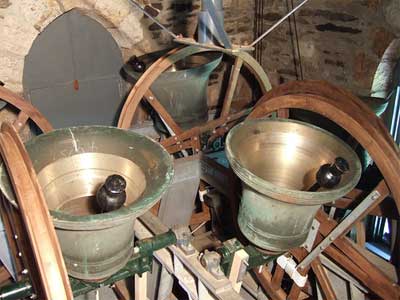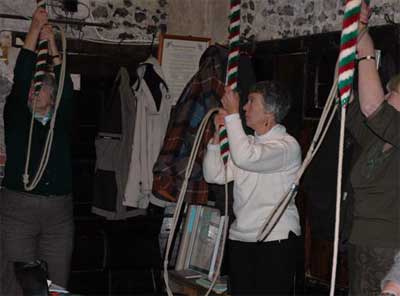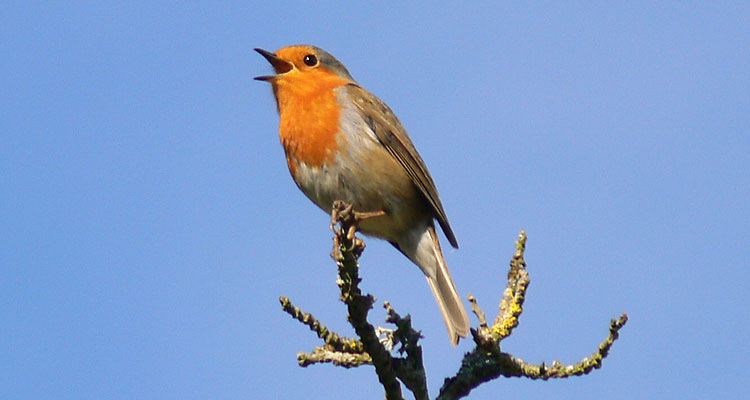Sounds Ancient
- Complaining about the Mainland - 17th August, 2024
- New island designation – is it just greenwash? - 26th April, 2024
- Police and Crime Commissioners – a solution or a problem? - 21st April, 2024
By The Hampshire Ponderer Mr and Mrs Ponderer walked out into the Mid Hampshire countryside on a recent fine day and found it a noisy place. The sounds of the muckspreader, chainsaw and distant traffic were superimposed on the background roar of no fewer than thirteen planes, counting the vapour trails, which perhaps had taken off from Southampton and Gatwick. The appropriate part of our brains did their bits by quickly filtering out this mechanical symphony so that we could concentrate on the soloists. Three buzzards kept us company for fifteen minutes while we walked up a wooded path circling, calling and gliding. Across the field alongside a ploughed patch skylarks zoomed upwards making us marvel how they could fly and sing without apparently pausing for breath. Then a gang of unidentified birds flew out of a tree as we came near twittering frantically. One sound we might have heard but didn’t was a bell. At different times we were in earshot of two church towers with bells but it was a Friday morning so not surprisingly no one was ringing.

A few months ago a ringer wrote
There is something quintessentially English about the sound of church bells, whether drifting on a summer breeze or echoing across frosty rooftops. For some they are the carriers of memories, joyous or sad ” weddings, funerals, the recurrent call to worship, cementing a cherished faith or remembering those departed. For others, the bells are a mere background register, their sound insinuating itself surreptitiously into traffic-drone gaps. In many towns and villages, bells are, by far, the most enduring and longest serving component of the community soundscape. Whether deliberately listened for as a mark of Time’s progress or casually absorbed, as if by osmosis, their ringing evokes, however tenuously, an awareness of belonging and continuity in a world of change. When they do not ring, something very elemental is lost from the spirit of place.
Bells occupy a middle ground between modern engine and natural noise. They work mechanically but still use mediaeval engineering structures designed to enable someone to control the circular swinging of a bell weighing nine or ten hundredweight using a rope some twenty to forty feet below the belfry.

Throughout the country ringers meet weekly to practice and on Sundays to ring before services. It’s a minority interest that once started is rarely given up and attracts a whole variety of people so that one local tower has a gardener, a professor, a beekeeper, three nurses, an electrical service engineer and two students. Wherever they go in England there is a nearby tower to visit with other ringers pleased to see them and wherever they go in the world there’s the likelihood of a tower within travelling distance to add the pleasure of a fresh ring of bells to be attempted. If Naturenet readers feel like having a go the simplest thing is to listen outside the front door on a Monday or Friday evening (favourite practice nights) and follow the sound. If no bells can be heard then visit the Central Council of Church Bell Ringers website, which has good advice on how and where to learn. Like any craft it needs perseverance but is immensely rewarding. Parents encouraging their children to start (from about eleven or twelve) will know they have an interest which will last them well into their eighties which is more than can be said for football!

